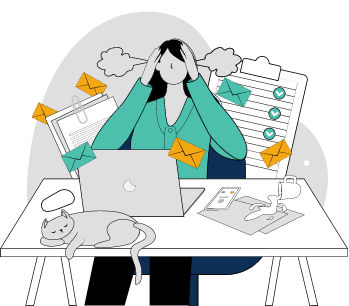Listen to this episode
On this episode
Sheela Hobden joins us to discuss how we can harness the power of checklists to create a routine! When people fail to reach their goals, they often just stop trying or feel a lot of shame. Be realistic and learn to encourage yourself by taking on a range of targets instead of one. Sheela also recommends creating identity-based goals to ensure that you keep building your new identity even after completing certain milestones. Start small, and eventually, you’ll see these good habits stick!
If you want to know how to create helpful habits to change your life, stay tuned to this episode.
Show links
You’re Not a Frog Podcast Episode 45: Rest. The Final Frontier with Sheela Hobden
Free to Focus by Michael Hyatt
You can also check out Michael Hyatt’s free course here!
Checklist Manifesto by Atul Gawande
<a…
Episode transcript
Rachel Morris: Do you wish you have a system which would stop you forgetting to do things, or simply make it easier to do those difficult things which you plan to do, but at the time just seemed like too much effort? And do you worry that you spend far too much time and mental energy on trying to organise yourself, and wish that your good habits could just, well, become automatic? This week, I’m joined by Sheela Hobden. She’s a master coach and specialist in wellbeing for doctors. We talk about the power of checklists and how one’s life…










